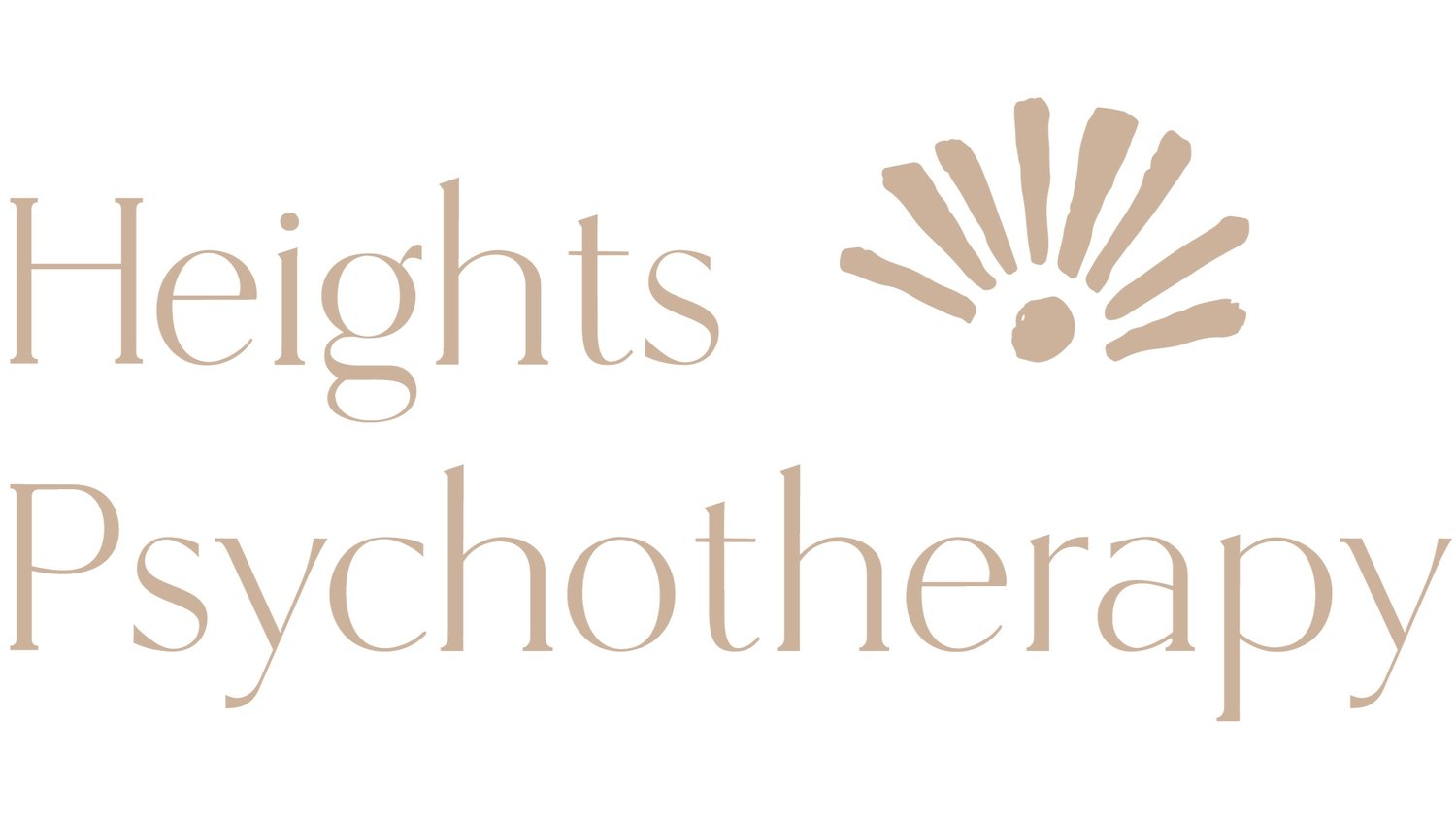
Therapy for Postpartum Depression and Anxiety in NJ
Are you the 1 in 5 women with postpartum depression and anxiety?
If you’re a mother, you devote yourself to caring for your little one, but amidst the chaos, you may find yourself grappling with feelings and emotions that cast a shadow on your experience. Perinatal mood and anxiety disorders (PMADs) are distinct mental health conditions that manifest in various ways. You are not alone, 1 in 5 women experience PMADs anytime from conception up to one year postpartum (source: Postpartum Support International).
Signs you may be struggling include:
Persistent sadness and mood swings including anger
Excessive anxiety and fears
Physical symptoms like dizziness, fatigue, headaches, unexplained aches and pains
Nothing brings you joy
Thoughts and fears that come into your mind when you don’t want them to
Recognizing that you may be struggling with some or all of these symptoms is the first step towards reclaiming your mental and emotional health.
At Heights Psychotherapy, I specialize in providing therapeutic support to mothers just like you. I understand the unique challenges of modern motherhood and the impact it can have on your mental health. The good news is that it’s temporary and treatable.
There is hope beyond the darkness.
Therapy for depression and anxiety can help you…
Find relief and validation in what you’re experiencing
Understand the root cause of what you’re feeling
Develop coping skills
Learn self-care practices
Strengthen bonding and attachment with your child
Develop effective communication strategies with your partner
Build resilience
Feel less alone

Questions about depression & anxiety
-
SIGNS OF DEPRESSION INCLUDE:
Feeling irritable or angry
Lack of interest in the baby
Appetite & sleep disturbances
Crying & sadness
Feelings of guilt, shame, or hopelessness
You no longer enjoy things you used to
Possible thoughts of wanting to harm yourself or the baby
SIGNS OF ANXIETY INCLUDE:
Constant worry
Feeling something bad is about to happen
Racing thoughts
Sleep & appetite disturbances
Inability to sit still
Physical symptoms like dizziness, nausea, and hot flashes
-
The types of therapy I provide are:
Psychodynamic Therapy, Attachment-based therapy like Interpersonal and Emotionally Focused Therapy, and Cognitive Behavioral Therapy.
My therapy services are rooted in a unique blend of evidence-based approaches that are shown to be highly effective in treating postpartum depression and anxiety.
My approach delves into the deeper layers of an individual's experiences, helping them explore and understand the underlying emotions and thoughts contributing to postpartum depression. It encourages self-reflection, addressing unresolved issues, and promoting emotional healing.
I encourage improving communication and relationships, which can be essential in the context of postpartum depression. It helps individuals identify and address relationship conflicts, which may exacerbate or contribute to their depressive symptoms.
These therapies center on nurturing secure emotional bonds, which can be particularly beneficial for new parents struggling with postpartum depression and anxiety. EFT, for example, helps individuals and couples develop and strengthen their emotional connections, creating a more supportive environment.
In addition, CBT is effective in addressing specific challenges associated with postpartum depression, such as negative thought patterns and behaviors. It provides practical strategies for managing symptoms, changing unhelpful thought patterns, and building coping skills.
-
The perinatal period starts at conception and lasts up to 1 year after childbirth.
A realistic timeframe for recovering postpartum is up to 18 months. Many women state that it can take 2 years to feel “normal” again.
It’s okay to not feel okay right now!
-
Click on any of the “Schedule Free Consultation” links and book a 15-minute phone consultation today!
Life doesn’t have to feel this way.
Motherhood is a journey. If you're experiencing the weight of postpartum depression or anxiety, it may feel as though life has become an uphill battle. The persistent sadness, overwhelming worry, and emotional turmoil may seem never-ending. But it's crucial to remember that these conditions are treatable, and there is hope on the horizon. You are not alone. Together, we can navigate the challenges of postpartum depression and anxiety, helping you rediscover yourself and embrace the vibrant, fulfilling life you deserve.
